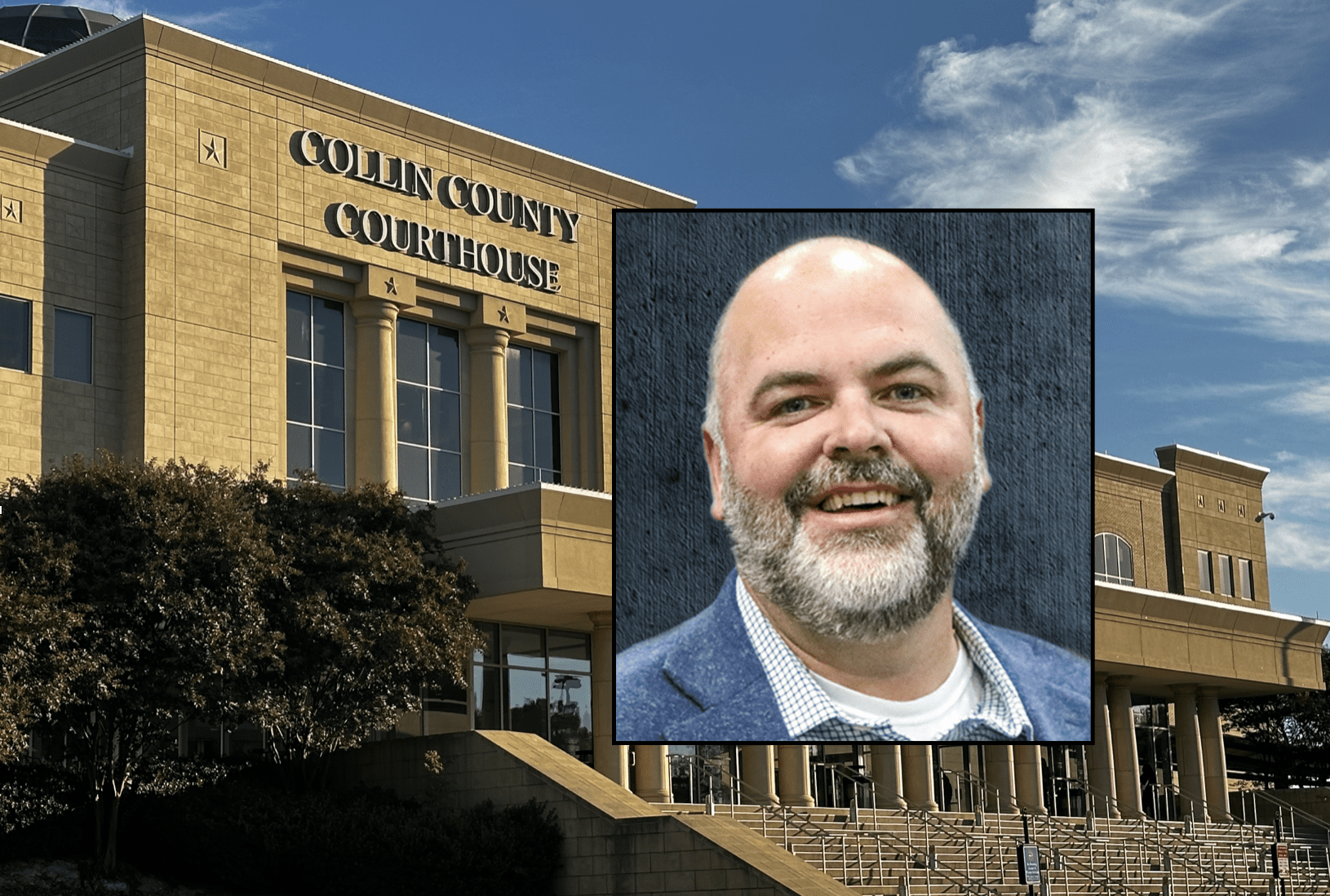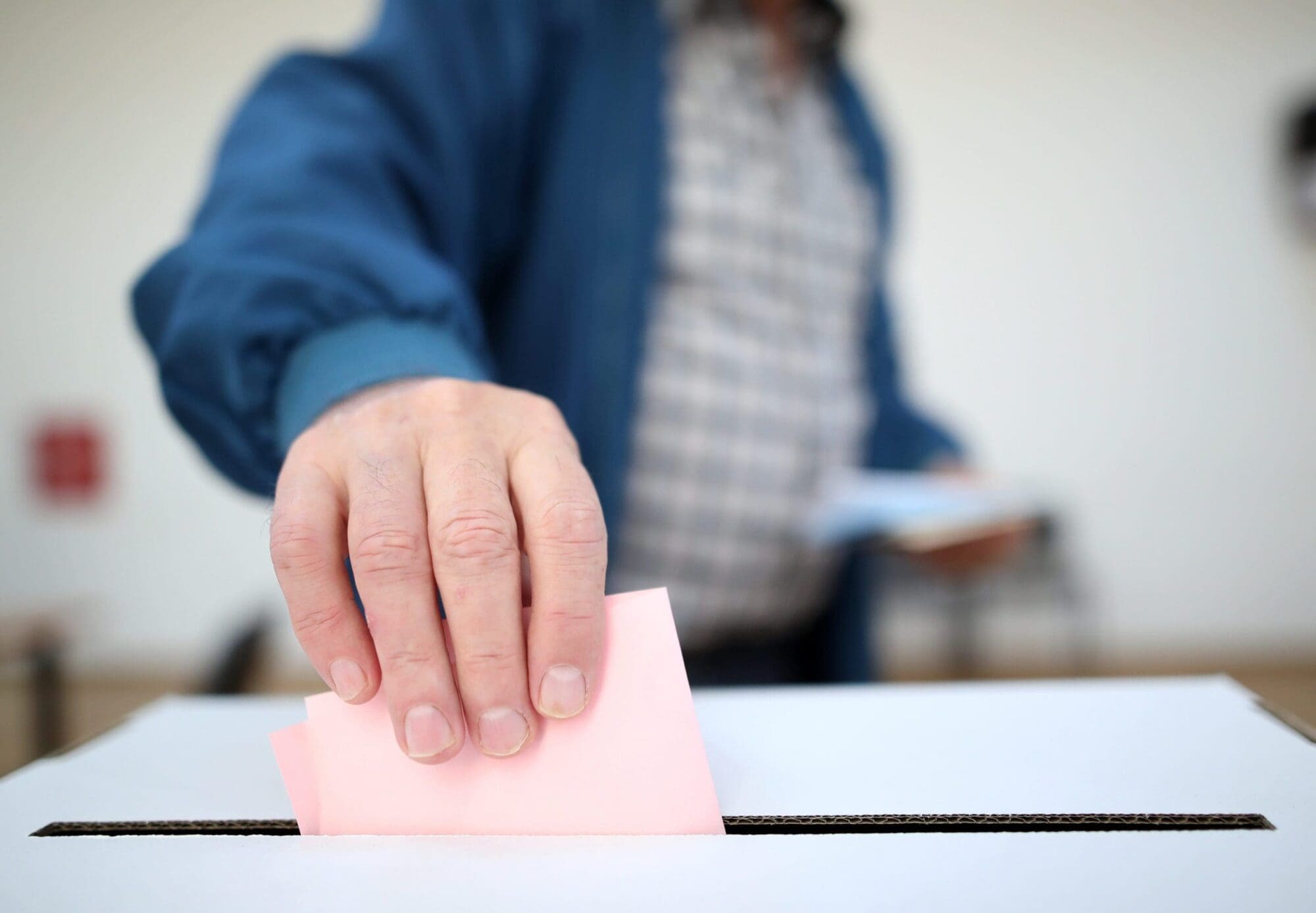Texans may be surprised to learn that the state’s voter registration process relies upon an honor system—no proof of citizenship is required for voter-registration applicants.
Texas election laws are in need of serious reform. Not only does state law not require proof of citizenship for those who submit a voter-registration application, no written documentation is required to process and approve applications, nor is there verification to ensure the information provided is accurate.
 This explains why Rosa Maria Ortega – a Mexican national and green card holder – was able to register and vote illegally in Dallas County at least five times between 2004 and 2014.
This explains why Rosa Maria Ortega – a Mexican national and green card holder – was able to register and vote illegally in Dallas County at least five times between 2004 and 2014.
The Attorney General’s Office and the Tarrant County District Attorney’s office jointly prosecuted Ortega’s case, and convicted her. During Ortega’s trial, it was revealed she falsely claimed U.S. citizenship on a voter registration form in Dallas County, and illegally voted repeatedly.
It’s now clear why Dallas County Election officials didn’t catch the error—because the voter registration process relies upon an “honor system.” It relies upon applicants to voluntarily tell the truth, without them providing any documentation.
How was Ortega caught? She checked the correct box on her form while registering to vote in Tarrant County. She admitted she was a non-citizen, and therefore, ineligible to vote.
Why was she not previously caught? She lied on her Dallas voter-registration application. Had she remained in Dallas County, or lied again while in Tarrant County, it’s likely the error would have never been identified or corrected.
Most Texans are likely under the false illusion that there’s a government agency, somewhere in a shiny building, checking the voter rolls to determine if anyone has illegally registered to vote, and voted. There isn’t.
Ortega was caught and prosecuted only because she told the truth, which was recognized by election officials who rightly rejected her application, and contacted law enforcement. If she had not voluntarily checked a different box on her form, it’s likely those officials would have made the same oversight as those in Dallas.
How many other cases are there like Ortega’s? There is no easy answer, because the registration process relies upon applicants to voluntarily tell the truth, without submitting any documentation. And while the law requires county election officials to purge their voter rolls, whether or not they do so effectively is a separate matter. And their is no state enforcement mechanism to ensure that election officials who do their job, and follow the law.
Texans should not expect the status quo to change unless they demand action from state lawmakers.




